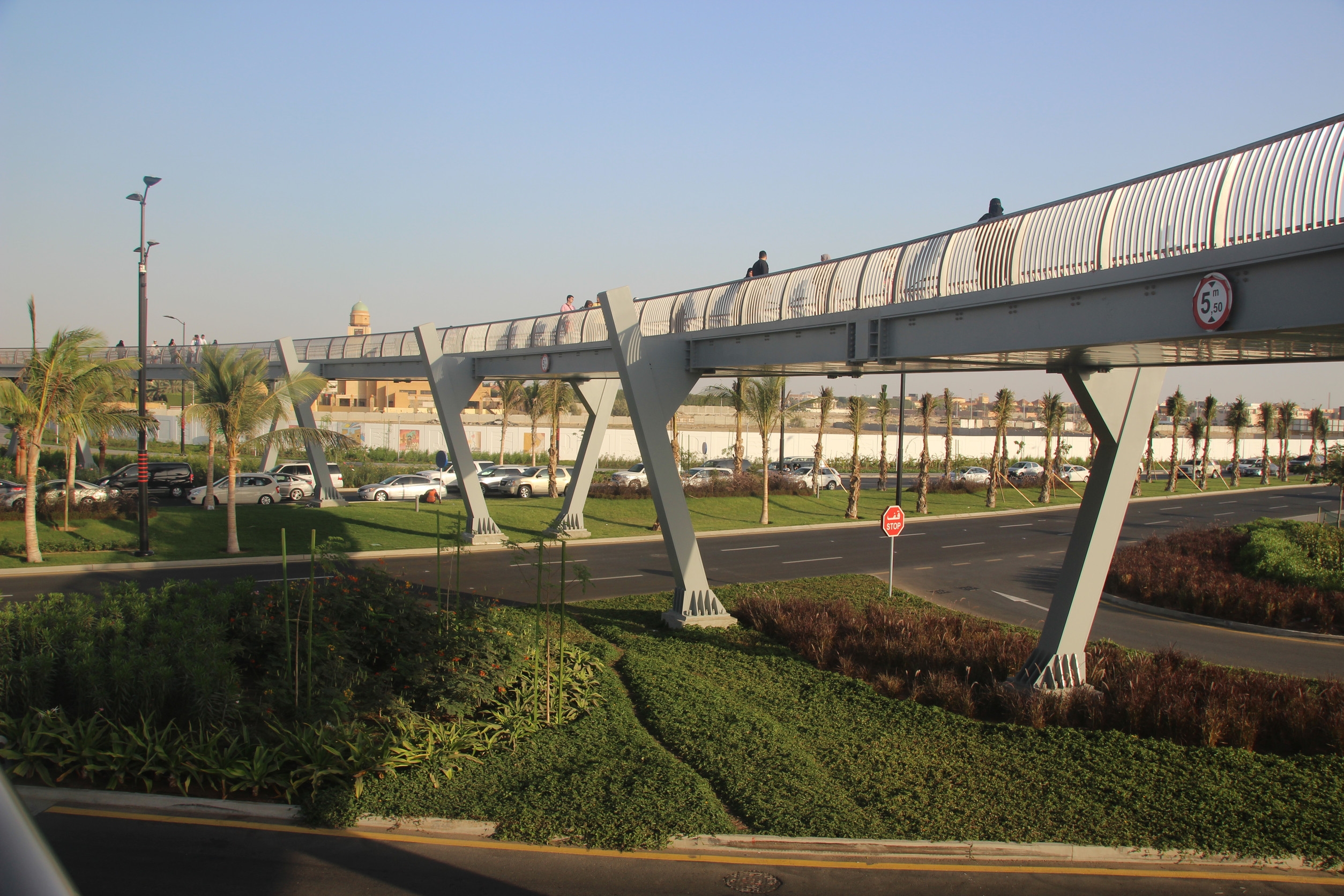
If you’re planning your first visit, this 10-day itinerary through Riyadh, Jeddah, and desert escapes gives you a balanced mix of modern Saudi life and timeless traditions.
Why Visit Saudi Arabia?
Saudi Arabia is a land of contrasts: futuristic cities rise beside historic mudbrick villages, and luxury malls stand only a short drive from ancient souqs. The country offers:
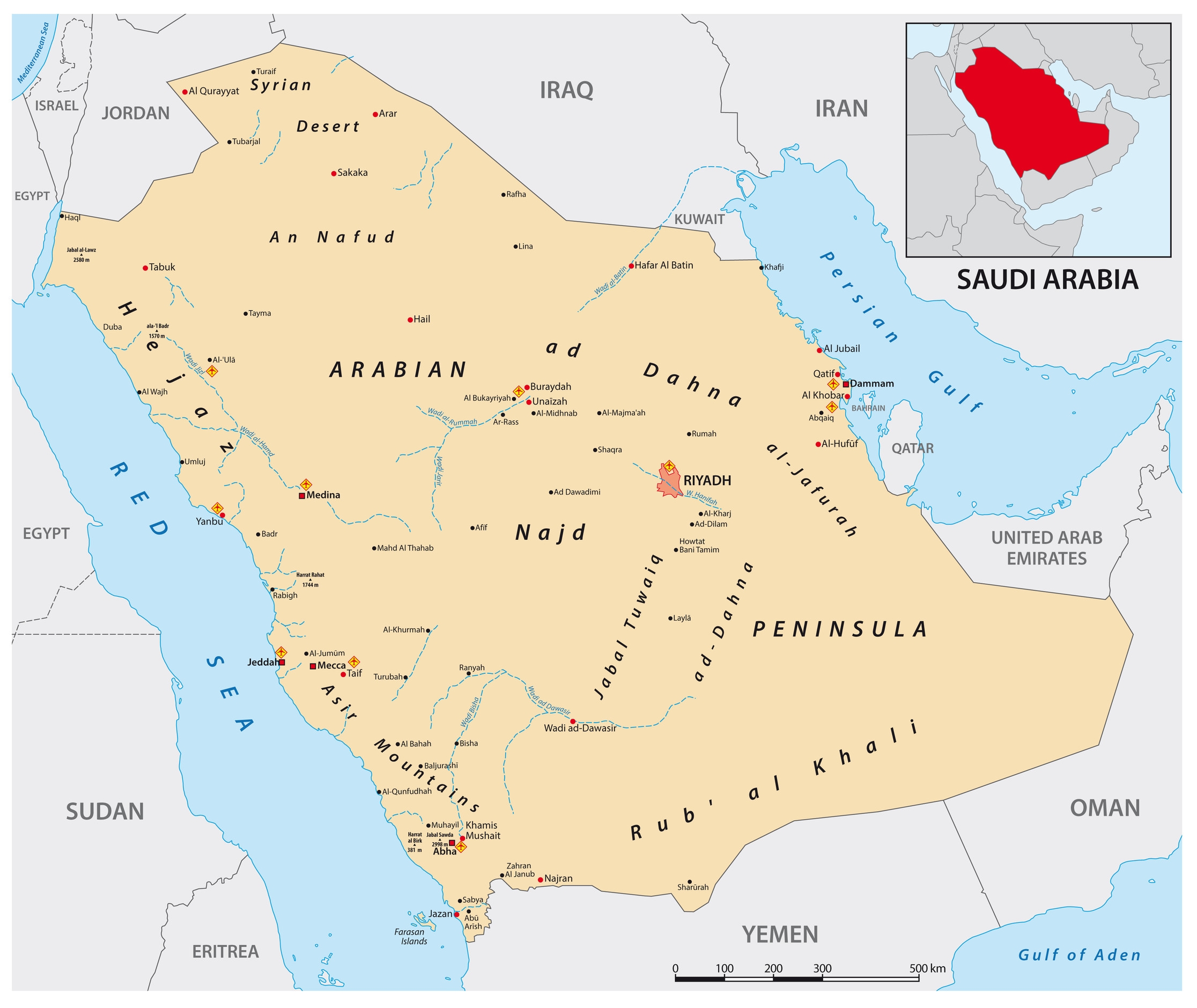
History & Culture: From UNESCO heritage sites like Diriyah and Al-Balad to Islamic art museums.
Nature & Adventure: Vast deserts, the Red Sea coast, and dramatic mountain ranges.
Modern Luxury: World-class shopping, dining, and mega-projects like The Line and NEOM.
Spirituality: Although Mecca and Medina remain open only to Muslim visitors, the rest of the Kingdom invites travelers of all backgrounds.
Saudi Arabia is opening its doors wider than ever, and with a well-planned 10-day trip, you can experience its diversity first-hand.
Travel Essentials Before You Go
Visa: Most travelers can apply online for Saudi Arabia eVisa, valid for tourism and multiple entries. It’s usually processed quickly, making it far easier than traditional visas.
Best Time to Visit: October to March offers pleasant weather. Summers (June–August) can be extremely hot, especially inland.
Dress Code: Saudi Arabia has relaxed its rules, but modest clothing is still expected in public (cover shoulders and knees). Women no longer need to wear an abaya everywhere, but many still choose to.
Transport: Domestic flights connect major cities. Taxis and ride-hailing apps like Uber are widely used. For desert trips, book guided tours with 4x4 vehicles.
Suggested 10-Day Itinerary
Day 1–3: Riyadh – history, culture, and modern city life
Day 4–5: Desert escapes – Diriyah, Edge of the World, and Najd villages
Day 6–7: Jeddah – historic Al-Balad, Corniche, and Red Sea charm
Day 8–9: Day trips from Jeddah – Taif, diving, or coastal relaxation
Day 10: Shopping, culture, and departure
Days 1–3: Riyadh – The Capital’s Blend of Old and New
Day 1: Arrival & First Impressions
Arrive in Riyadh, the Kingdom’s capital and business hub. After settling in, begin with a relaxed evening walk along the Kingdom Centre Tower, one of Riyadh’s iconic skyscrapers. The Sky Bridge at the top offers panoramic views of the city skyline—especially stunning at sunset.
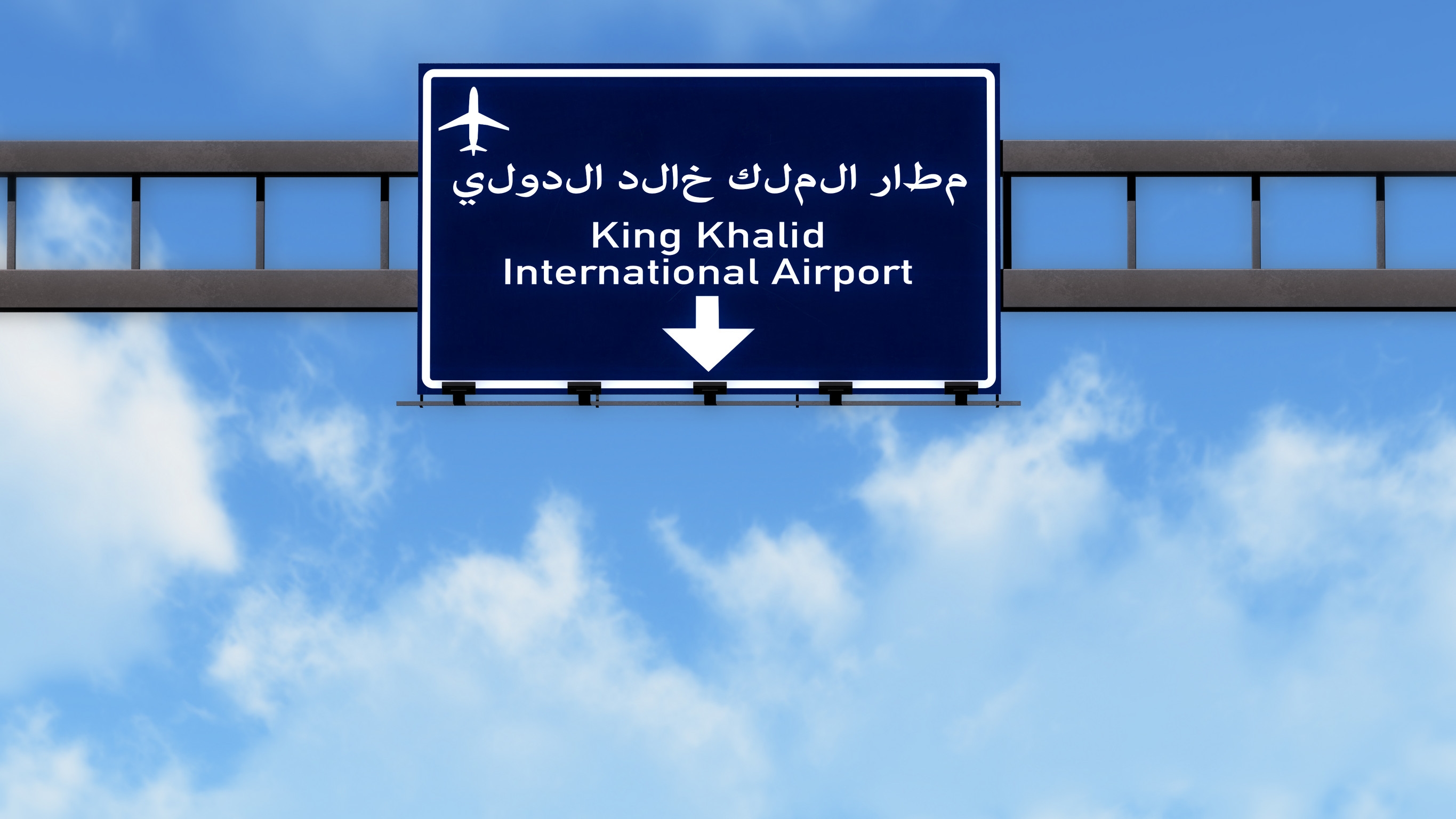
Dinner Idea: Try a traditional Najdi meal of kabsa (spiced rice with lamb or chicken) at a local restaurant.
Day 2: Old Riyadh & National Heritage
Start the morning with a visit to the National Museum of Saudi Arabia. This world-class museum gives a deep dive into the Kingdom’s history, from prehistoric Arabia to the modern Saudi state.
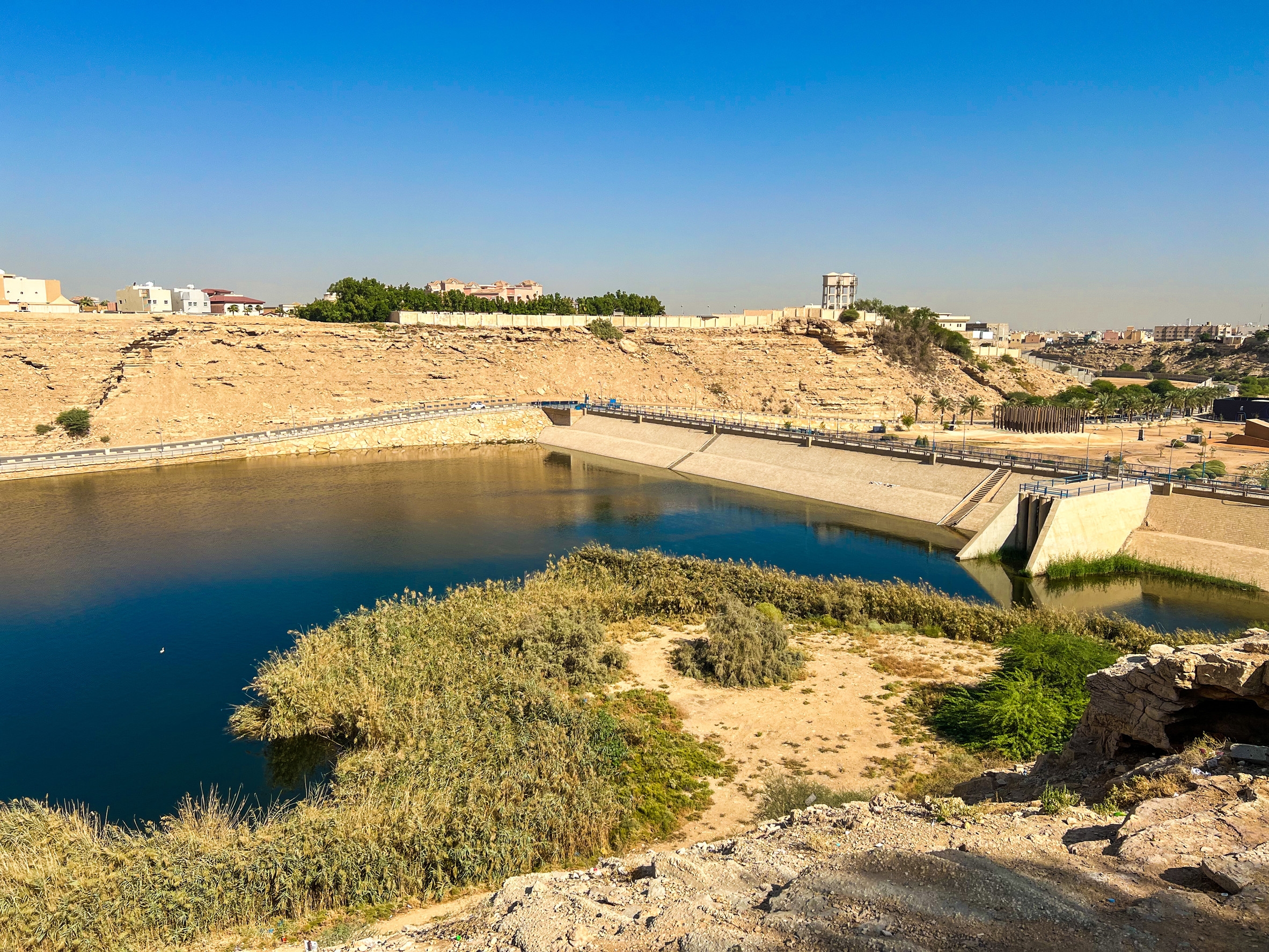
Walk through Al-Masmak Fortress, an adobe citadel that played a central role in the unification of Saudi Arabia. The nearby Souq Al-Zal is perfect for browsing carpets, antiques, and spices.
Evening: Explore Boulevard Riyadh City, one of the modern entertainment zones, full of cafes, live shows, and illuminated displays.
Day 3: Diriyah – Birthplace of the Kingdom
Spend a day at At-Turaif District in Diriyah, a UNESCO World Heritage site. Once the seat of the first Saudi state, its mudbrick palaces and narrow alleyways tell the story of the Kingdom’s beginnings. Today, it’s been restored with museums, galleries, and traditional restaurants.
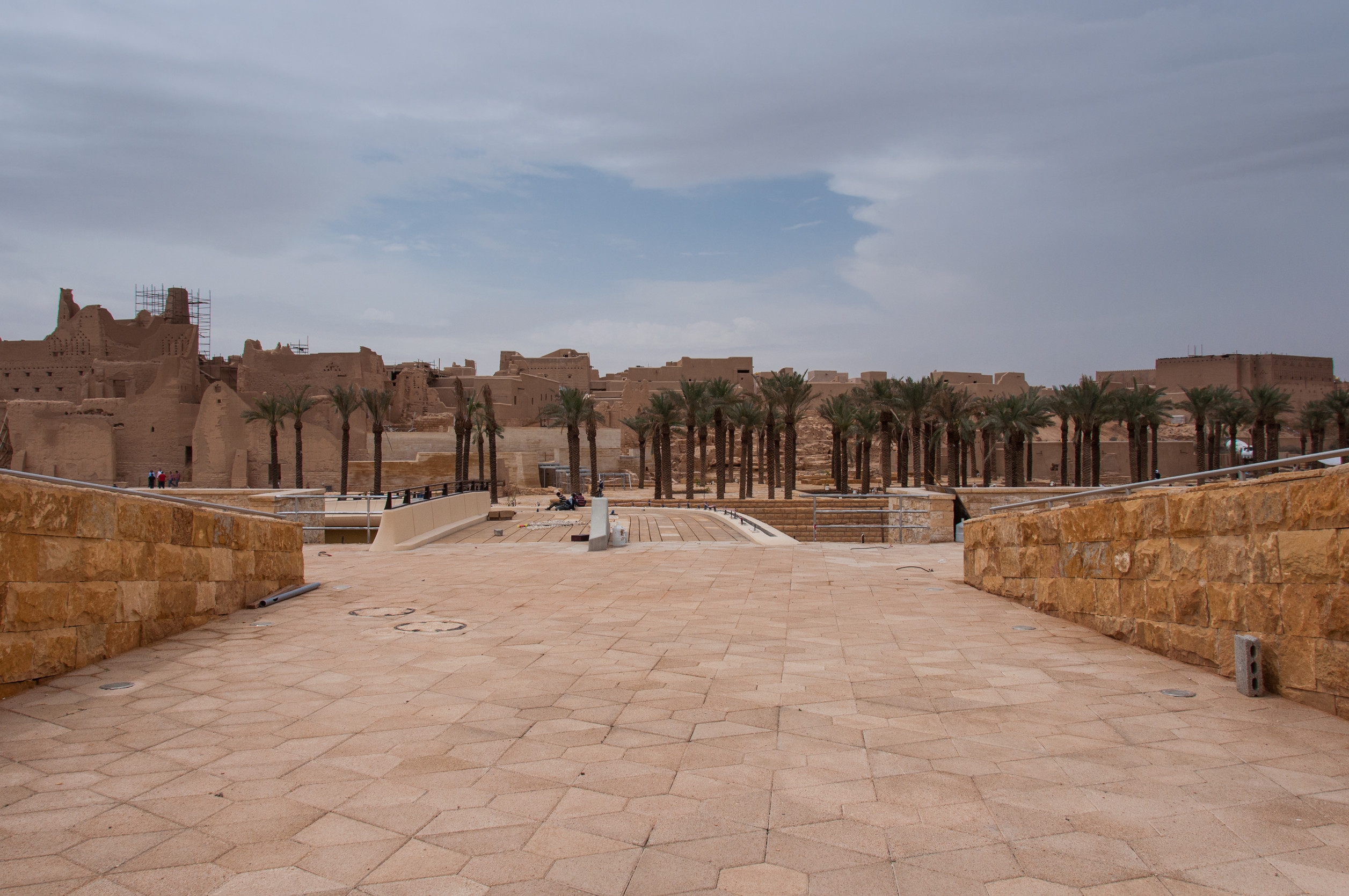
Tip: Stay for dinner here—many restaurants offer terrace seating with views of the illuminated historic walls.
Days 4–5: Desert Escapes & Edge of the World
Day 4: Edge of the World Adventure
One of Riyadh’s most unforgettable day trips is to the Edge of the World (Jebel Fihrayn), about 90 km from the city. This dramatic cliff edge looks out over an endless desert plain, creating views that are breathtaking at sunset.
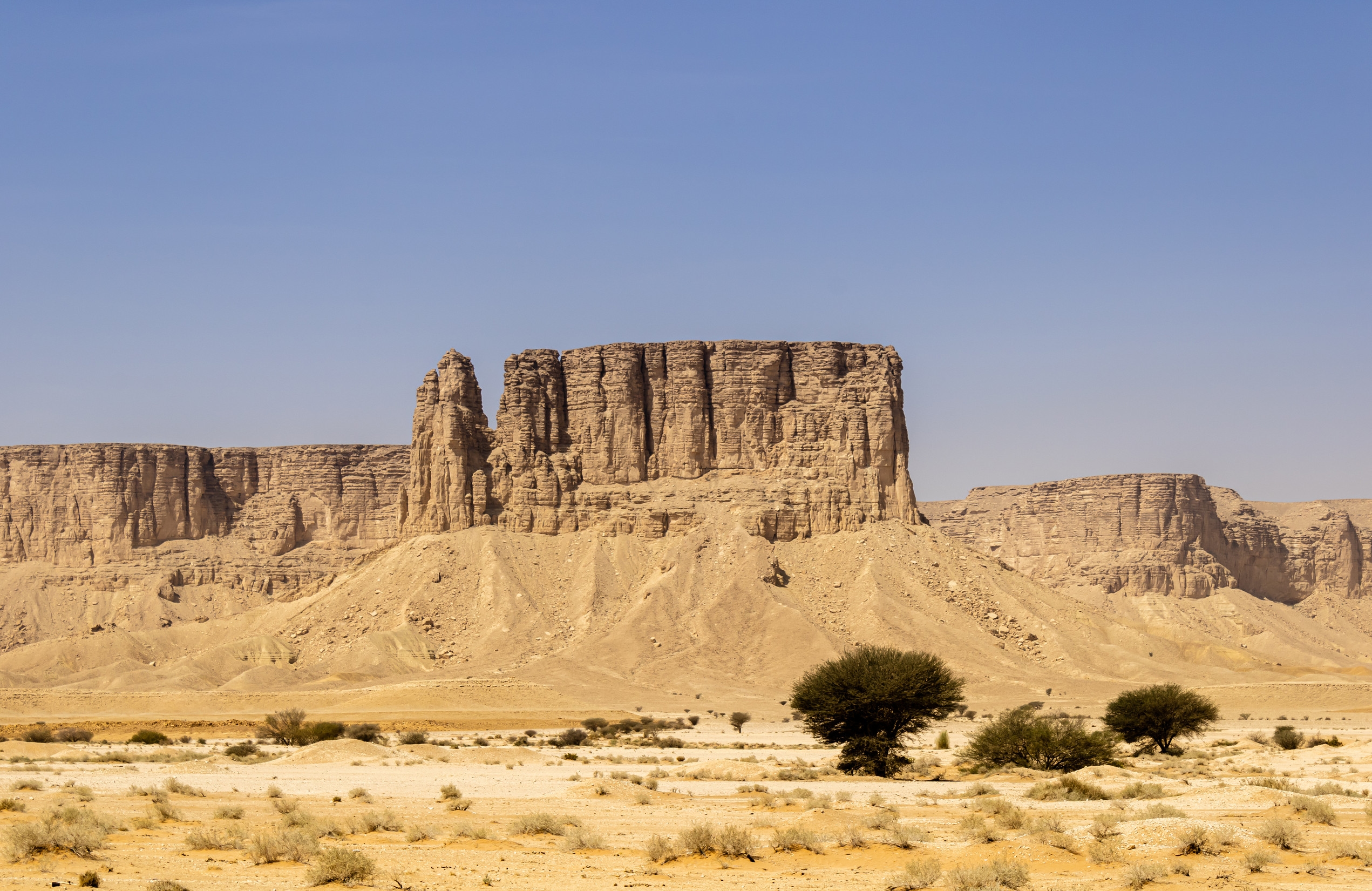
Travel Tip: Go with a guided 4x4 tour for safety, as the route crosses desert tracks. Bring water, snacks, and sun protection.
Evening back in Riyadh: Treat yourself to a modern Saudi dining experience at one of the city’s fine-dining restaurants.
Day 5: Najd Villages & Oasis Towns
Dedicate this day to exploring the smaller heritage villages near Riyadh. Options include:
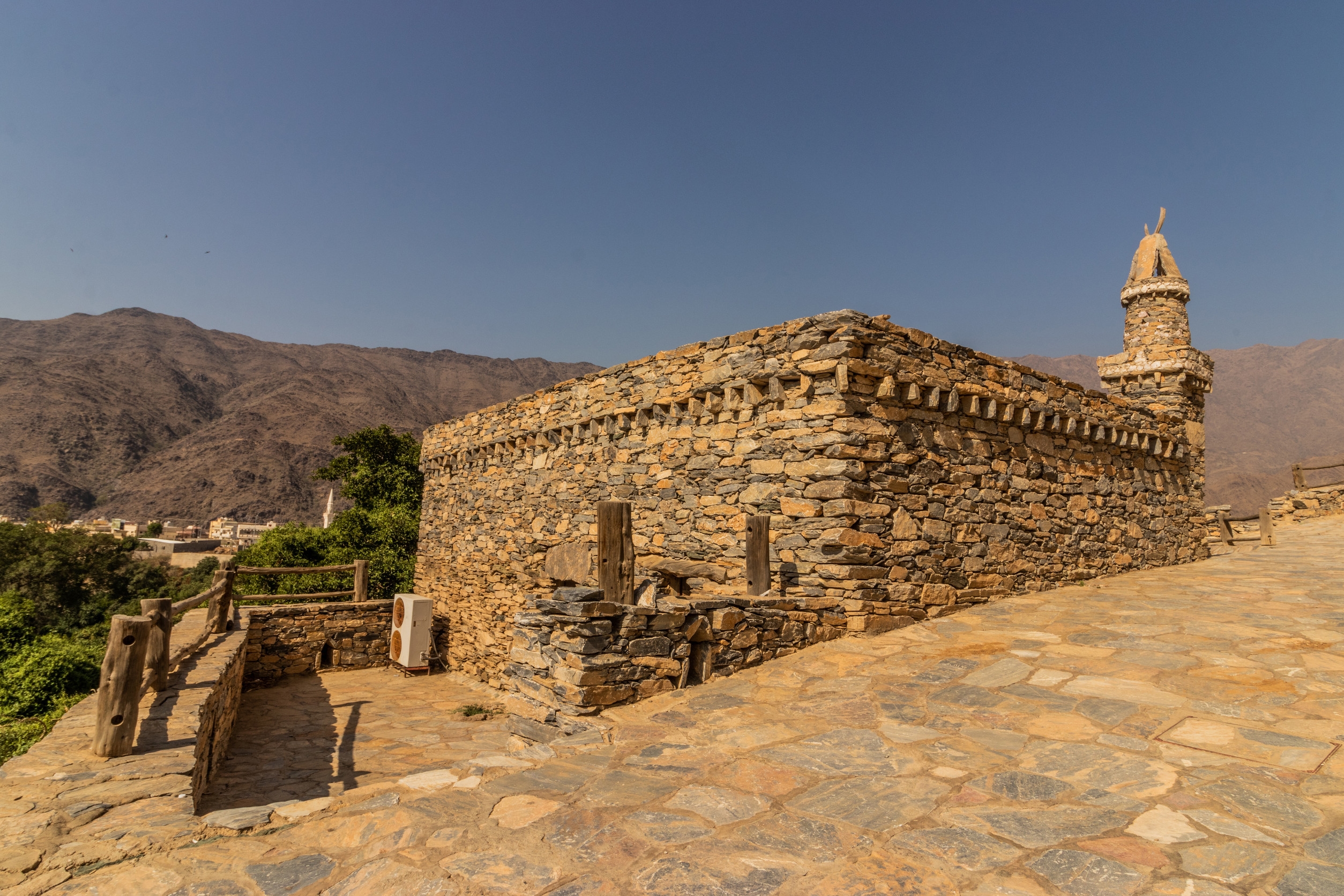
Ushaiger Heritage Village: A well-preserved mudbrick village with narrow alleyways.
Al-Ghat: Known for old watchtowers, palm groves, and traditional houses.
These villages offer insight into Saudi Arabia’s traditional architecture and rural lifestyle—something very different from the capital’s modern vibe.
Days 6–7: Jeddah – The Gateway to the Red Sea
Day 6: Arrival & Corniche Walk
Fly from Riyadh to Jeddah (about 1.5 hours). Jeddah is Saudi Arabia’s port city on the Red Sea, known for its relaxed vibe and cosmopolitan culture.
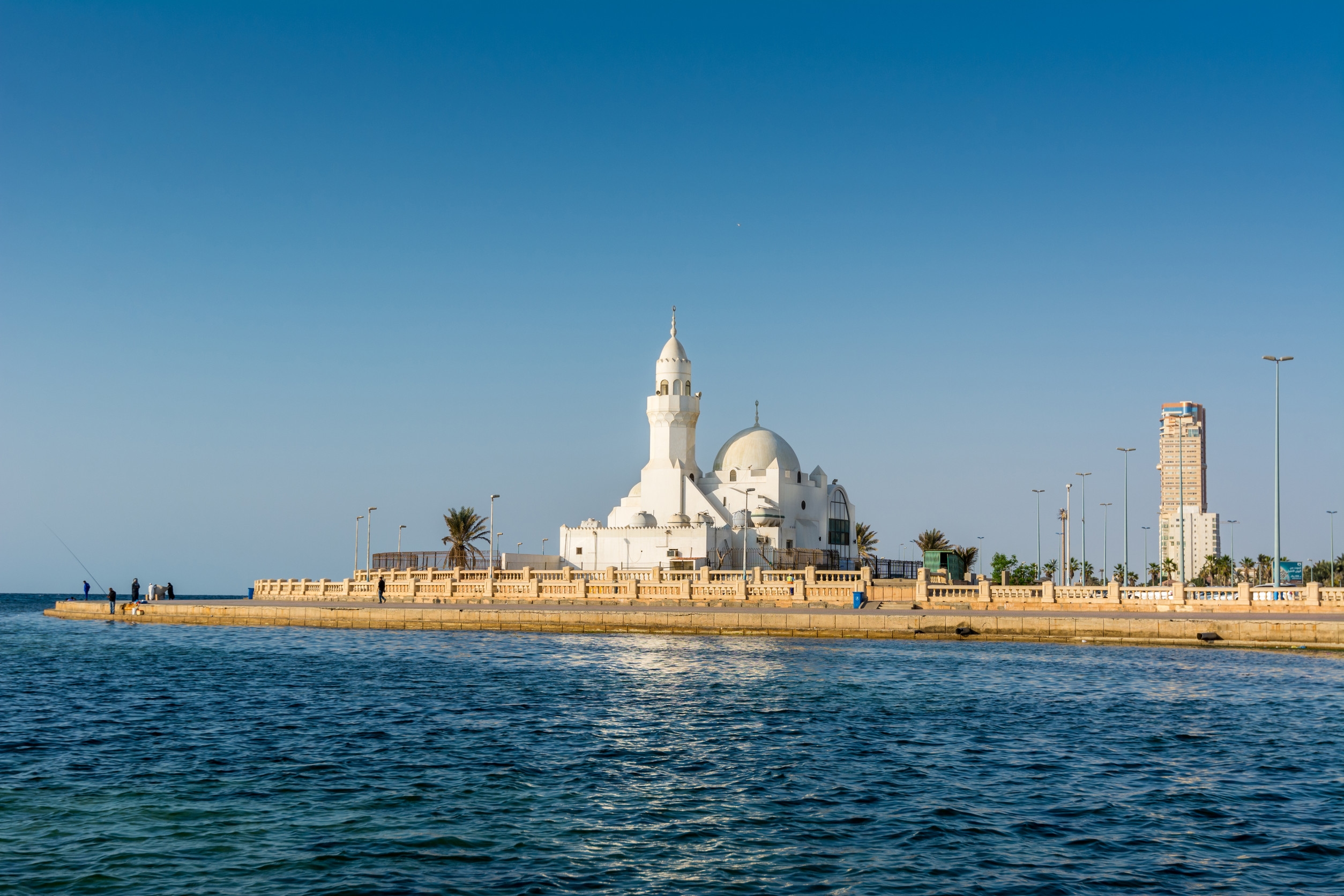
Start with a walk along the Jeddah Corniche, where you’ll see art installations, fountains, and views of the sea. Don’t miss the King Fahd Fountain, the tallest in the world.
Dinner Idea: Try fresh seafood at a Corniche restaurant—the Red Sea fish dishes are exceptional.
Day 7: Historic Al-Balad
Spend the day in Al-Balad, Jeddah’s old town and a UNESCO World Heritage site. The coral-stone houses with wooden latticed balconies (called rawasheen) are unique to this region. Wander through its narrow lanes, visit traditional souqs, and stop by the Naseef House, a historic merchant’s residence.
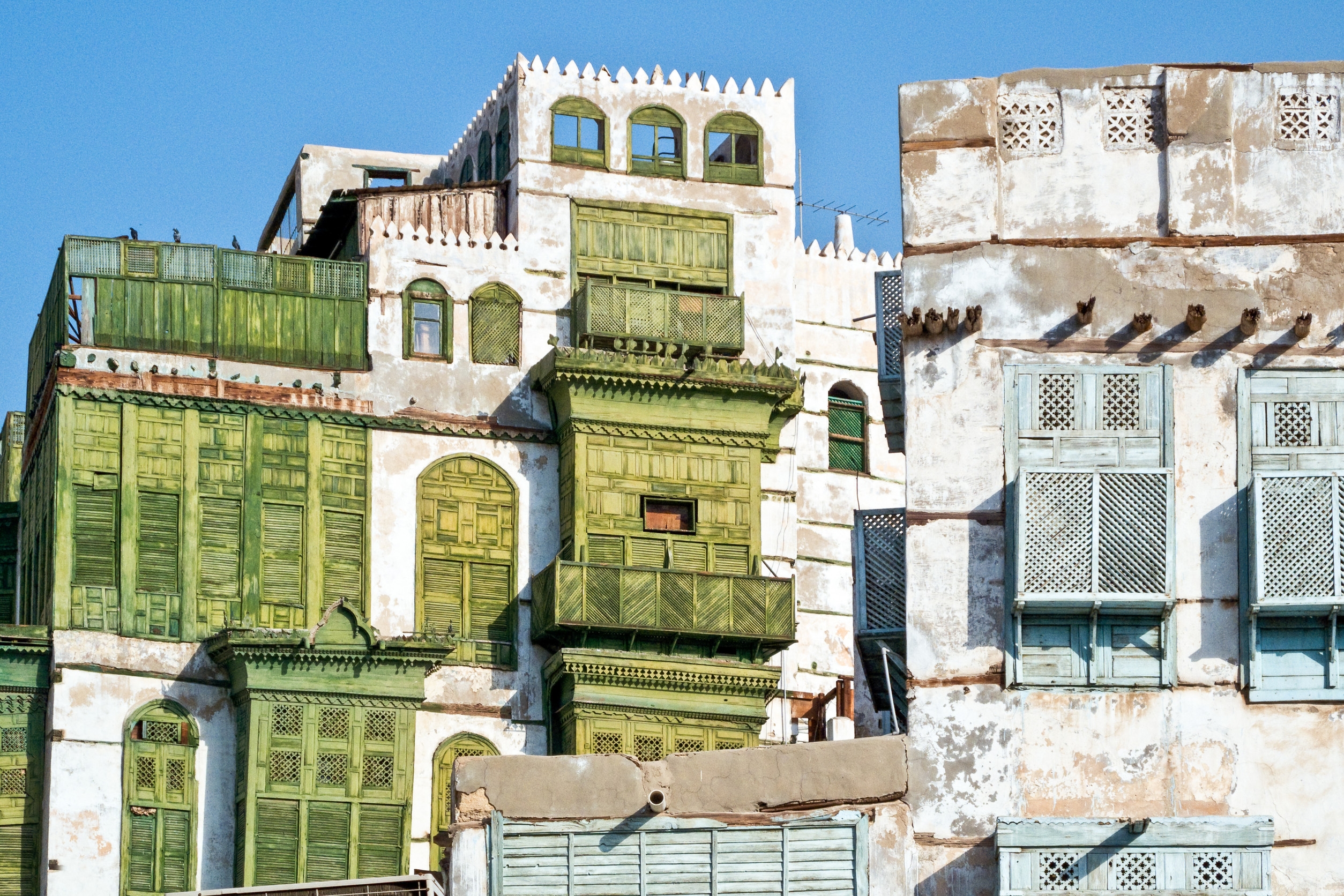
Evening: Jeddah is also known for its modern shopping malls and lively cafes. Red Sea Mall or Mall of Arabia are good options if you want to mix history with a touch of modern comfort.
Days 8–9: Beyond Jeddah – Taif & the Red Sea
Day 8: Day Trip to Taif
Drive or take a tour to Taif, a mountain city famous for its rose farms and cooler climate. The scenic road winds through rocky mountains and valleys dotted with monkeys. Visit:
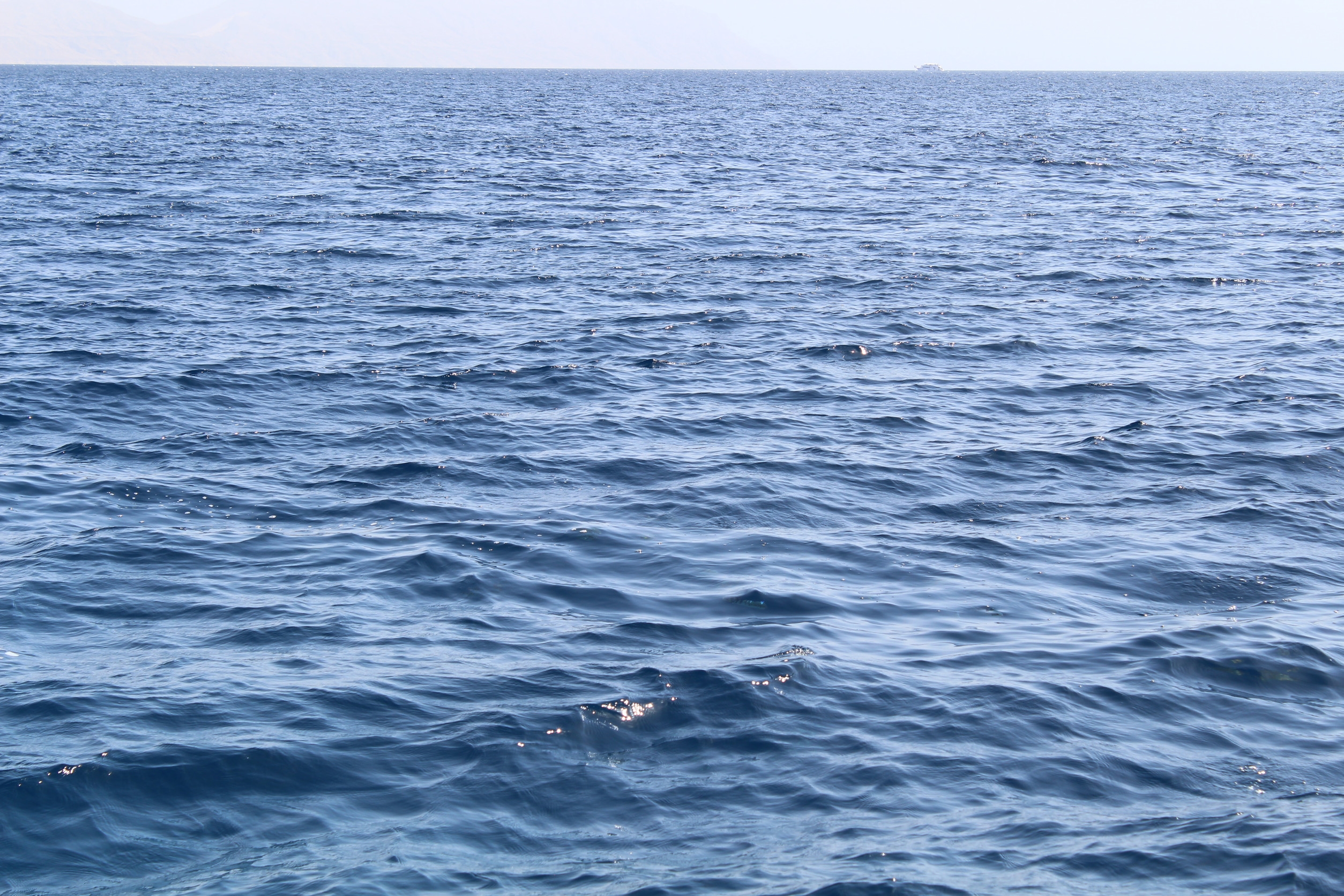
Al Rudaf Park with its granite rocks and gardens.
Taif’s Rose Gardens (seasonal, spring is best).
Local markets selling rosewater, honey, and pomegranates.
Evening return to Jeddah.
Day 9: Red Sea Diving or Relaxation
If you love the sea, Jeddah is a great base for snorkeling and diving trips in the Red Sea. The coral reefs are vibrant, with colorful fish and shipwrecks to explore. If diving isn’t for you, relax at one of the private Red Sea beach resorts for a laid-back day.
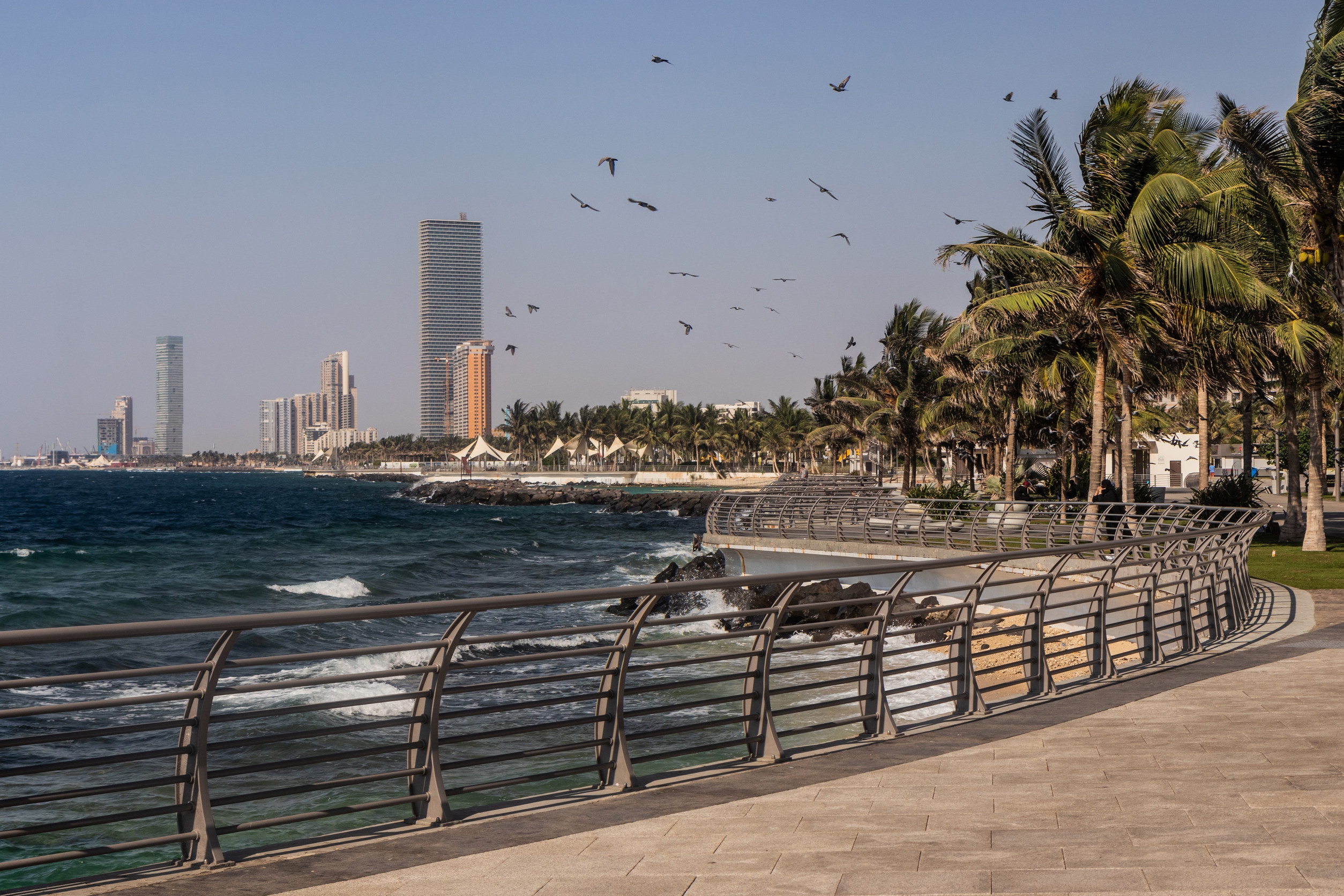
Day 10: Final Impressions & Departure
On your last day, spend some time enjoying modern Jeddah. Visit the Jeddah Sculpture Museum along the Corniche or browse for souvenirs in Souq Al-Alawi.
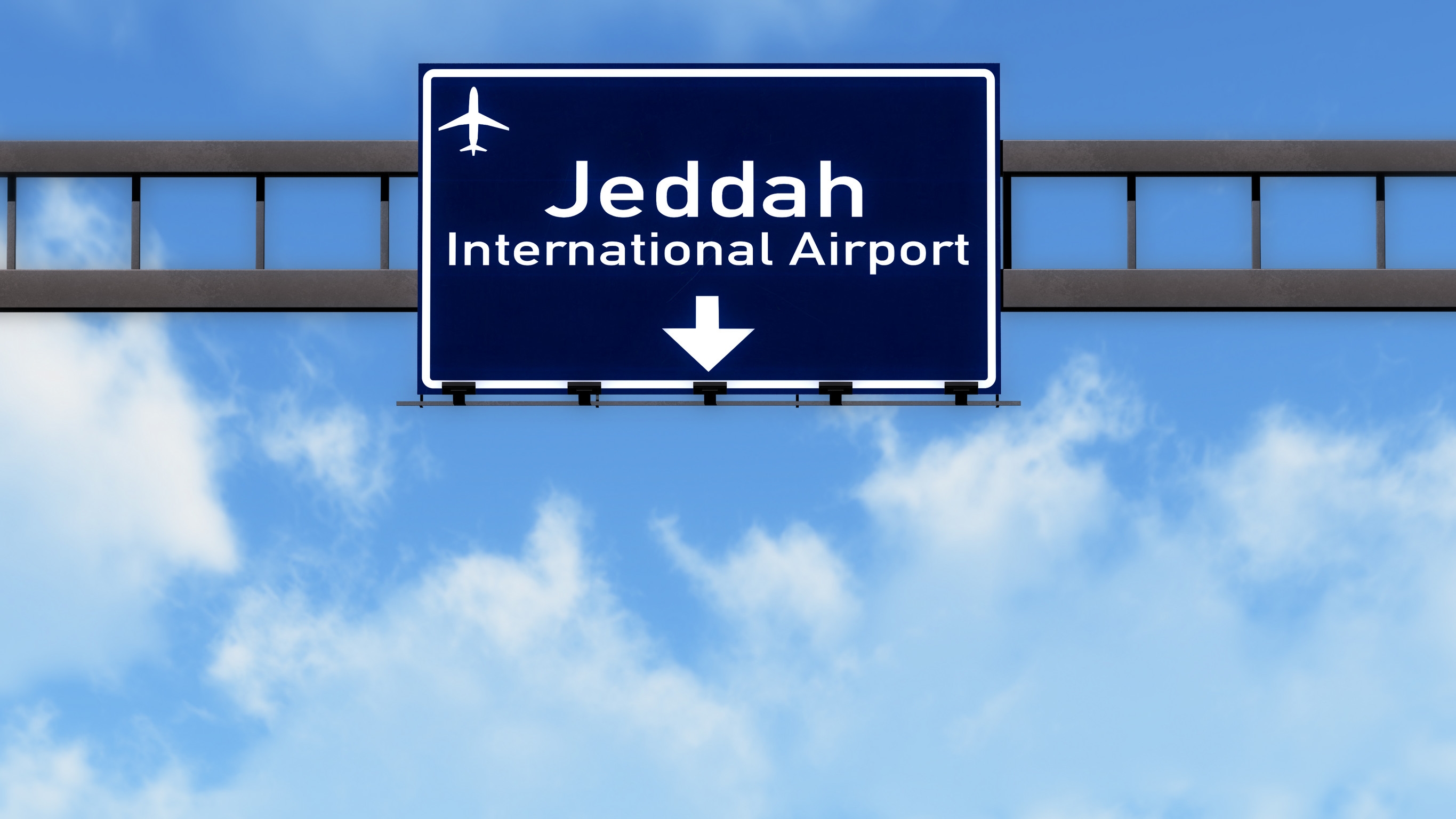
For a memorable last meal, try mutabbaq (stuffed savory pancakes) or a traditional shawarma before heading to the airport.
Food Highlights in Saudi Arabia
Saudi cuisine reflects Arabian traditions with flavors of rice, meat, spices, and bread. Don’t miss:
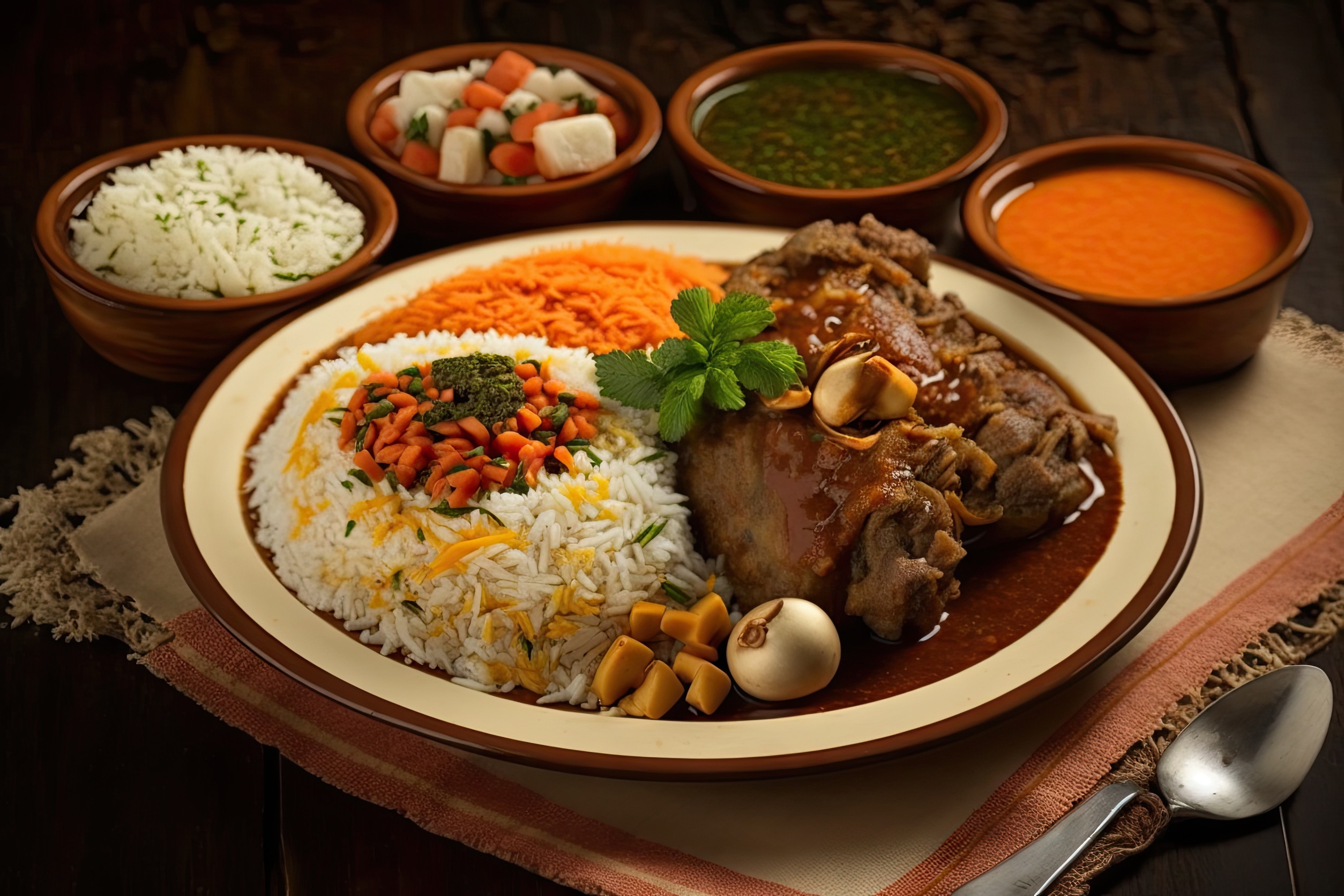
Kabsa: Spiced rice with chicken or lamb, often considered the national dish.
Jareesh: Crushed wheat cooked with meat and spices.
Samboosa: Fried pastries filled with meat or vegetables.
Dates & Arabic Coffee: Served everywhere as a gesture of hospitality.
Practical Travel Tips
Saudi eVisa: Available online for citizens of over 50 countries. Apply in advance, and keep a printed or digital copy when traveling. The Saudi Arabia Tourist Visa allows multiple entries and is valid for one year with up to 90 days per visit.
Language: Arabic is the official language, but English is widely spoken in cities.
Money: The Saudi riyal (SAR) is the local currency. Cards are widely accepted, but small cash is useful in souqs.
Respect Local Customs: Saudi Arabia has modernized quickly, but respecting cultural norms—like modest dress and public behavior—goes a long way.
Final Thoughts
Saudi Arabia is a country in transformation, where the old and new stand side by side. In just 10 days, you can see the bustling modernity of Riyadh, the historic charm of Jeddah’s Al-Balad, and the dramatic beauty of the deserts and mountains in between.
Thanks to the Saudi eVisa, the Kingdom is easier to visit than ever before. Whether you’re exploring ancient mudbrick villages, standing on the Edge of the World, or enjoying seafood by the Red Sea, this itinerary offers a taste of a country that is only just beginning to share its treasures with the world.
Saudi Arabia is not just a destination—it’s an experience that reshapes the way you think about the Middle East.
